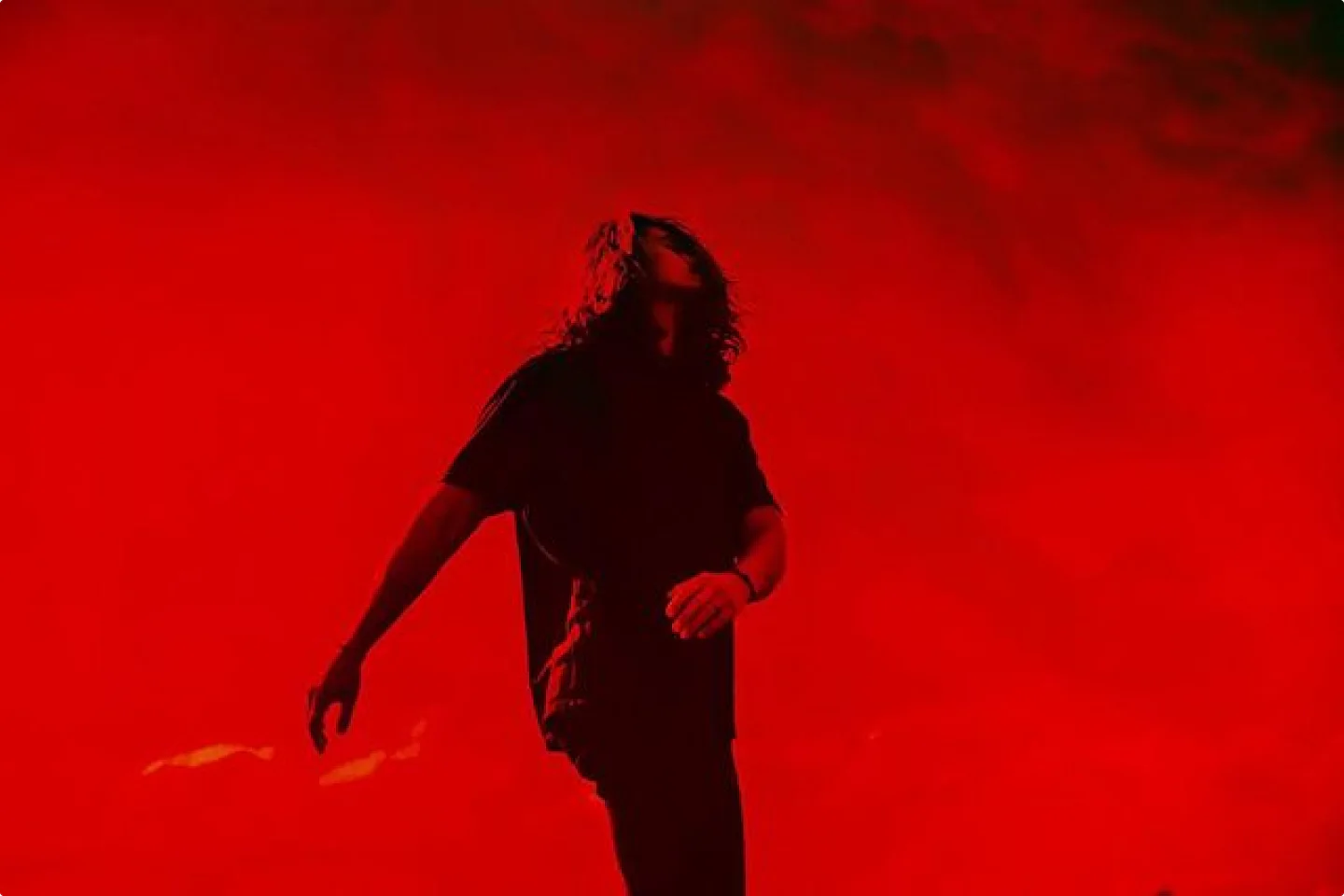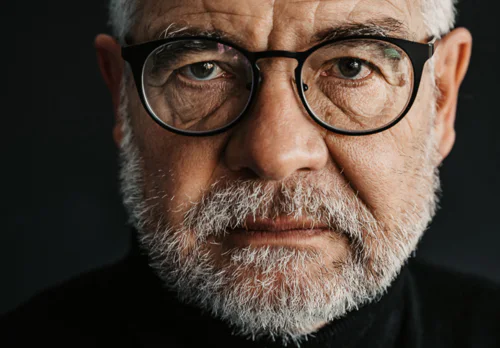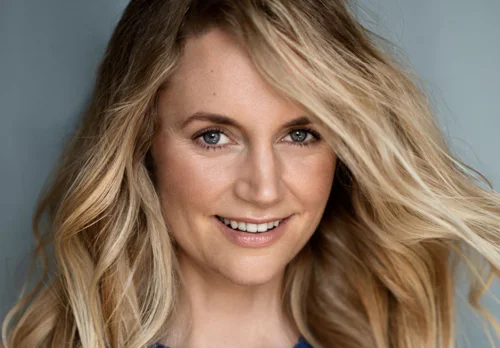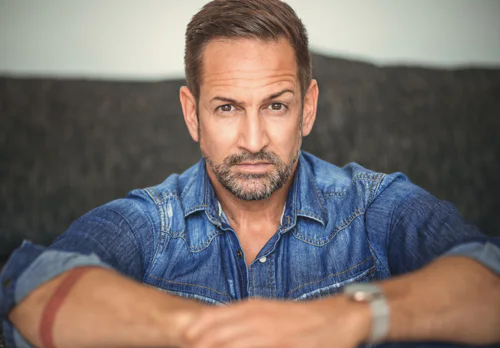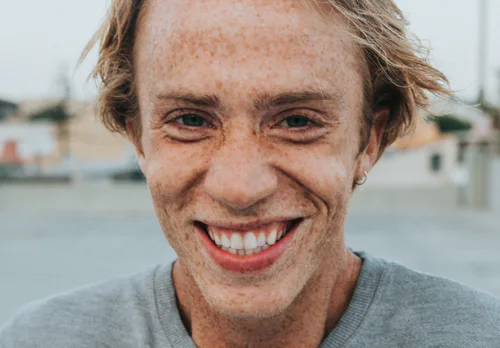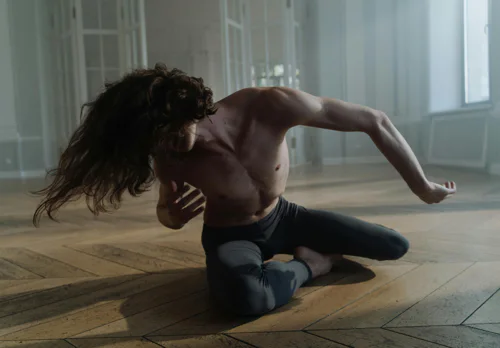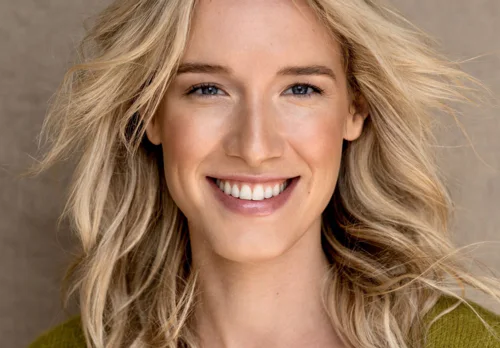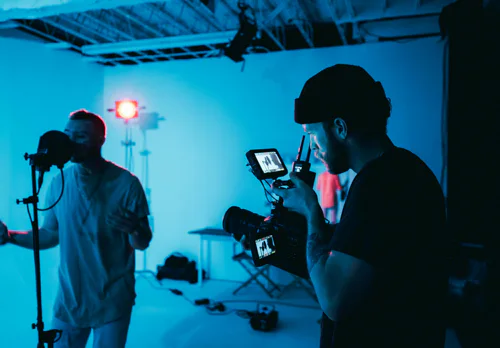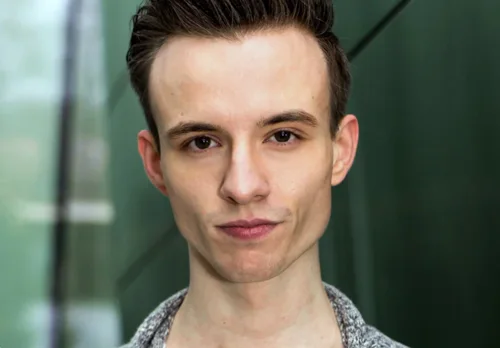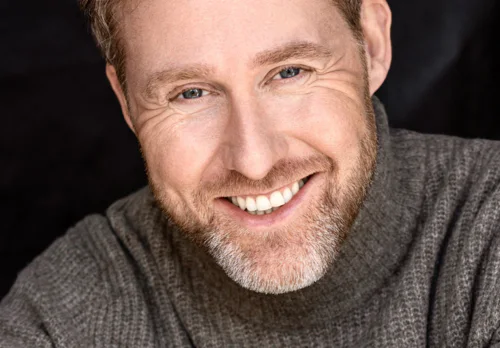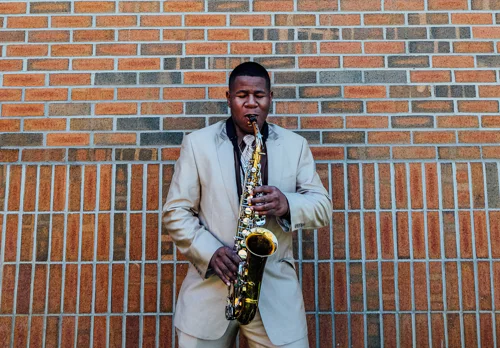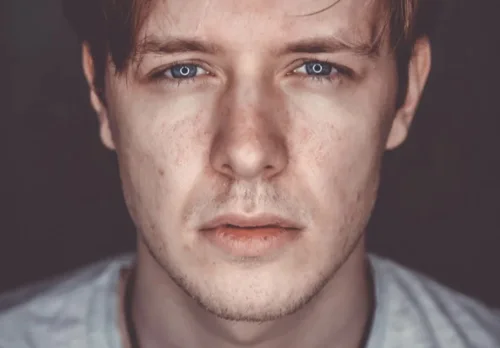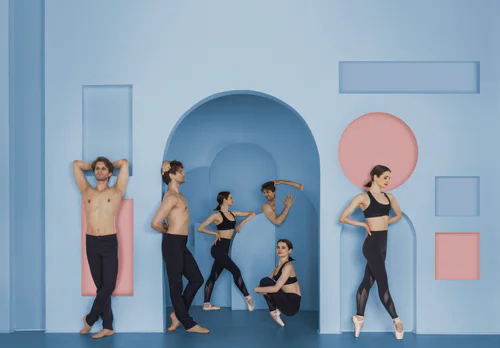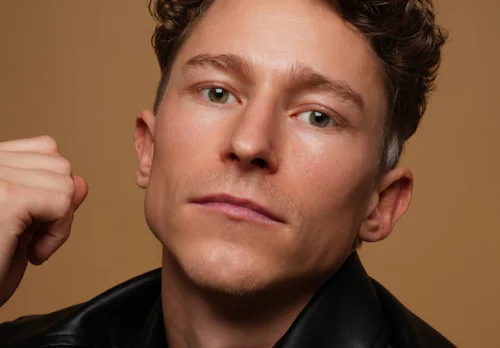What qualities should a young singer have?
A talent for language, musicality and voice are prerequisites for a career as a singer. Music producers, for example, are always looking for voices with recognition value and personality. However, this is less true for aspiring musical, opera and classical choir singers. Musical and opera singers are also expected to have acting skills.
You can find out which requirements are specifically related to the job of musical performer in the articles "Job profile: musical performer" and "How to become a musical performer".
It is also an advantage for a prospective singer if they can play an instrument and accompany themselves. Songwriting and composition skills should also be present if you have higher ambitions than, for example, performing with a cover band.
As there is a lot of competition in this industry, aspiring professional singers should be persistent and determined in pursuing their goal. Patience plays a major role here, because until you are allowed to perform on the big stages, you first have to put up with low-paid or even unpaid gigs in front of small audiences.
On top of that, you should have enough ambition to work on your voice constantly. By constantly improving it, daring to tackle new material and facing an audience as often as possible, you will gain more and more confidence in yourself and your abilities. This benefits your self-confidence and protects you from bad tongues in the future. It also makes it easier to deal with rejection. However, you should not be deaf to constructive criticism, but accept it gratefully and put it into practice. Last but not least, a knack for effective networking is important in order to get to know the right people, who in turn can open the door to other jobs.
What vocational training is required?
Classical vocal training, for example in the form of music studies at private or state music colleges and universities, is compulsory for some singers, as this is required by future employers. In order to be accepted for a course of study, a secondary school leaving certificate or entrance qualification for universities of applied sciences is often sufficient. However, this can also vary from training center to training center. As a second instance, several aptitude tests are decisive for admission, which also vary depending on the institution.
The practical lessons of a vocal training course are primarily about singing. During these lessons, students learn different singing and breathing techniques. However, the proportion of singing lessons is relatively small compared to the overall course of study, so you should make an effort to attend additional practice sessions outside of the curriculum, e.g. private singing teachers, workshops or seminars. In addition, regular performances are an important part of the course in order to gain stage experience. Students also learn theory, such as music history, musical genres and speech training.
The basic course lasts around four years. If you wish to continue with postgraduate studies, the course can take up to six years or longer.
Other professions, such as pop or pop singer, do not necessarily require a degree. However, it is advisable to take up any form of further vocal training in order to develop your own voice in the best possible way. Lessons can be taken at private music schools or adult education centers, or you can be coached by a private vocal coach.
Budding musical singers follow a very different and special training path, as they are all-rounders and have to be able to sing, dance and act at the same time. This is why their studies place equal emphasis on singing, dancing and acting.
